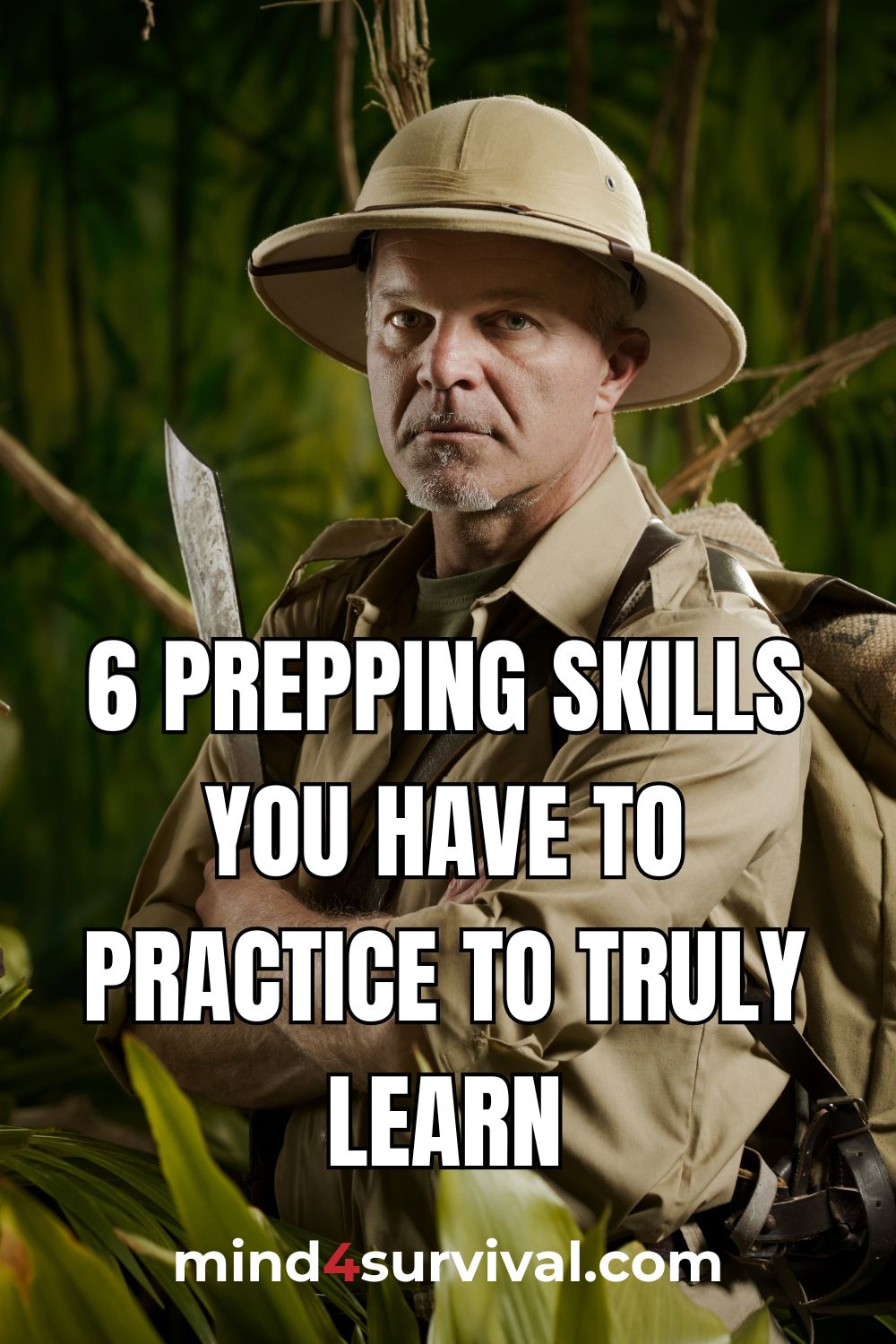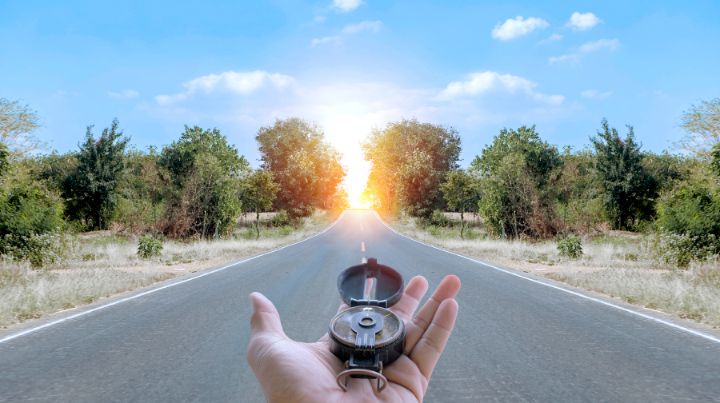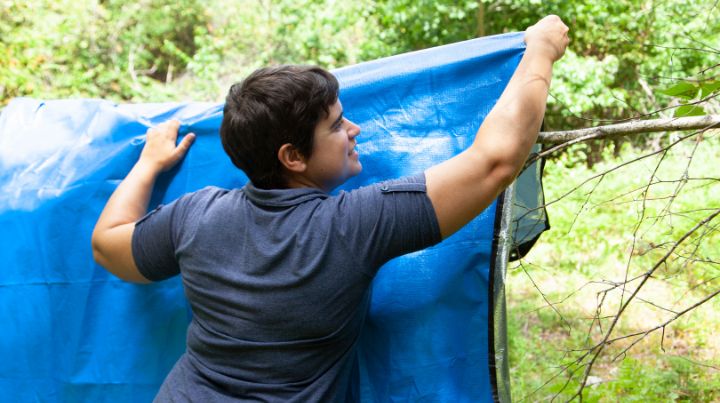6 Prepping Skills You Have to Practice to Truly Learn

In the preparedness realm, there is always something to learn. Between new skills to gain and old skills to expand on, the possibilities are endless. While some can easily be learned by reading or watching tutorials, many prepping skills need hands-on practice to master.
Here are six essential skills that every prepper should have that need hands-on training.
1. Fire Starting
While online research can teach you the fundamentals of starting a fire, it’s not the same as starting one yourself. Reading about how to start a fire and expecting to be able to set it ablaze in a matter of minutes is as realistic as watching videos on learning how to swim and then jumping in the deep end of a pool and expecting to be a pro.
Starting fires can sometimes be challenging to learn, even in the best of conditions. In a survival situation where you need one, conditions for starting a fire probably won’t be ideal, be it a windy day, the only wood you can find being damp, or some other circumstance that will make it even harder. A good understanding of starting fires before you need it can make a world of difference, especially in stressful situations.
2. Outdoor Cooking
Outdoor cooking is a great prepping skill to practice. The more you practice cooking over things like campfires, portable stoves, or other make-shift methods, the more prepared you’ll be to do it in a situation that relies on it. As you practice different ways to start fires, try cooking a meal on each to see how it differs. You can begin by boiling a pot of water to get a rough idea of what cooking times may look like if you have to do so in the future.
3. Navigation
There is a big difference between knowing how a compass works and knowing how to use one. The same goes for reading maps. Both are essential skills that require practice. This can be a great one for the whole family to learn. Whether you’re practicing in your neighborhood or on a local hiking trail that you know well, it’s another one of those skills that you really need to do repetitively to remember.
4. Tying Knots
There are many benefits to practicing tying knots. The difference between watching or reading and doing it yourself is that you will be able to understand the intricacies better. The more you practice, the more confidence you’ll have in your own capabilities and the more familiar you’ll become with the movements and hand positions required to tie specific knots.
The more you practice, the more familiar you will be with the ins and outs of tying knots. You’ll get the hang of things, such as the strengths of specific knots, the attention needed for tying them, and learning to adapt and tie knots in less-than-ideal conditions such as low visibility. Eventually, you’ll also understand the spatial awareness of the rope or cord itself, know how to adjust knots correctly, how much rope you need to tie a specific knot, etc.
5. Using Preparedness Communication Tools Such as Ham Radios
Tools like ham radios can take some time to master truly. They can have a sharp learning curve when it comes to becoming proficient in adjusting settings, tuning frequencies, and understanding the different features. They also require licensing to operate, and you must pass a test to obtain the license. When you practice, you become more efficient at things like troubleshooting and operating procedures. Don’t wait until communications are down to get your Ham radio out of its packaging. By then, it will be too late.
6. Building Shelters
Gaining efficiency in building shelters in a low-stress situation is crucial to building a successful shelter in a survival situation. While finding shelter may be easy in some circumstances, it might not always be the case. I recommend going out and practicing a few different methods using different resources. Make sure you try to build a shelter using things you already carry in your bug-out bag. If you can’t do it successfully, it’s an excellent way to see what holes need to be filled in your preps.
A great way to test the durability of your shelters is to build them in your backyard or somewhere you have easy access to a hose or source of water. Then, you can simulate weather conditions like rain, see how weatherproof it is, and make adjustments to strengthen your shelter in a lower-stress environment.
What Skills Did You Need Hands-on Practice to Learn?
There are so many skills that can be learned, almost all benefiting from hands-on training. Through it, we gain confidence in our abilities, muscle memory, and knowledge. With that, we can make needed adjustments in high-stress situations. What prepping skills have you learned that didn’t truly sink in until you’d practiced enough? Do you think anything should be added to the list? Let’s discuss this in the comments.
Additional Resources:
- Top Prepping Tips! (Step-By-Step Survival Guide)
- 12 Barter Skills for Preppers
- SHTF Tasks for All Ages and Abilities
- 10 Skills Female Preppers Should Have That Aren’t About Food

Don't Miss Out!
Join the thousands of people who rely on Mind4Survival preparedness advice by subscribing to our FREE newsletter.
- Practical preparedness information
- Zero Spam
- < 0.25% of people unsubscribe




Join Mind4Survival!
Stay informed by joining the Mind4Survival! 100% Secure! 0% Spam!
Follow Us!
Affiliate Disclosure
Mind4Survival is a free, reader-supported information resource. If you make a purchase through our link, we may, at no cost to you, receive an affiliate commission.




Add one skill: cook !